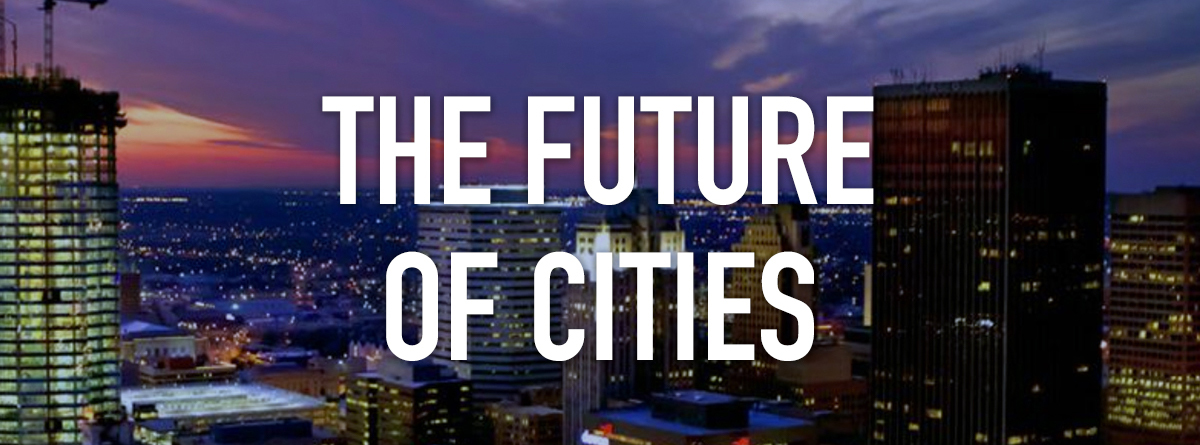A Series of Essays on the Urban Future
The Future of Cities
In September 1977, the Youngstown Sheet and Tube Company announced the first major shutdown in the American steel industry. It was closing its largest mill, the Campbell Works, displacing over 10,000 workers. Other shutdowns followed, putting another 40,000 people out of work over the next decade. The Youngstown, Ohio, population had peaked at 170,000 in 1930, but between the shutdowns and 2020, its population fell to just over 60,000 residents. The metropolitan statistical area known locally as the Mahoning Valley also lost about 20 percent of its population between 1980 and 2020.
This book is being published as a series, with permission of the American Enterprise Institute. Each week a new chapter will be published, with links to each chapter.
Click or tap a link below to read or download each chapter. (PDFs open in new tab or window)
Recalibrating Expectations: Lessons from Youngstown, Ohio – Sherry Lee Linkon and John Russo (new this week)
Sherry Lee Linkon is a professor of English and American studies at Georgetown University. Her most recent book, The Half-Life of Deindustrialization: Working-Class Writing About Economic Restructuring (University of Michigan Press, 2018), won the Working-Class Studies Association’s 2019 CLR James Award for the Best Book of 2018. She edits a weekly blog, Working-Class Perspectives, and her commentaries have appeared in the Moyers and Company blog, NewGeography.com, and the American Prospect. Together with John Russo, she codirected the Center for Working-Class Studies at Youngstown State University for 17 years and coedited New Working-Class Studies (Cornell University Press, 2005).
John Russo is a visiting researcher at Georgetown University’s Kalmano-vitz Initiative for Labor and the Working Poor. Previously, he was a pro-fessor of management and coordinator of the labor studies program in the Williamson College of Business Administration at Youngstown State University. Russo has written widely on labor and social issues and is rec-ognized as a national expert on labor unions, work, and working-class pol-itics. His work has appeared in NewGeography.com, the American Prospect, Fortune, Social Policy, and other publications, and he is the managing editor of Working-Class Perspectives.
Read the Series:
Introduction: Welcome to the Urban Future – Joel Kotkin
I. The Big Picture for Global Geography
American Aspiration is Metropolitan – Ryan Streeter
The Urban Future: The Great Dispersion – Wendell Cox
The Future of the Big American City is Not Bright – Samuel J. Abrams
II. The Variety of Urban Experiences



